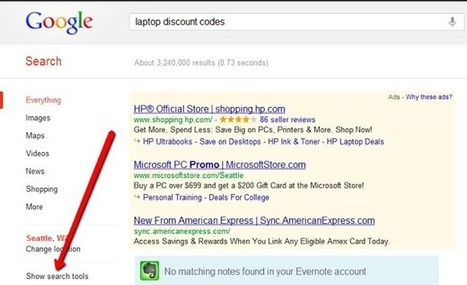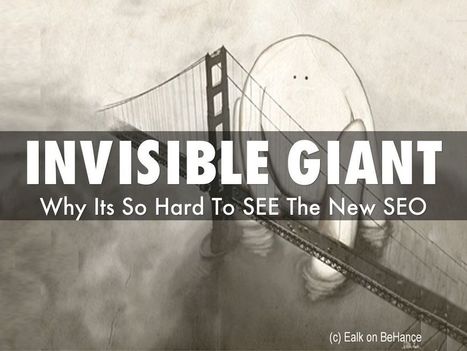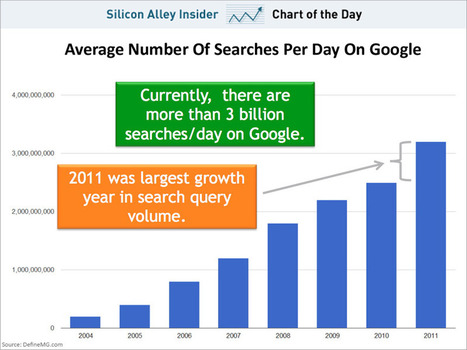When Google went public 10 years ago, co-founder Larry Page said he wanted to get his search engine's users out of Google and to the right place as fast as possible. Today, Google is often doing the opposite. WSJ's Rolfe Winkler reports on the News Hub with Tanya Rivero. (Photo: Getty Images).
Marty Note
10 years old Google is moving from search to a content and commerce portal. Increasingly Google wants to be s destination not simply the world leading sieve. Content is king and the king is beginning to emulate one of their subjects - Amazon.
Amazon has been successful at balancing their business between content and commerce. Many Amazon interactions are "rich search" engagements where we use Amazon's reviews or vast scale to teach us something about an online marketplace.
Look at Amazon's nascent entry into streaming video market. Using their loyalty program, Prime, Amazon has the most addictive and best looking streaming option. Amazon's advantage? They SELL movies as well as giving away what feels like about 1/3 of their titles FREE to prime members.
BRILLIANT use of a loyalty program since it reinforces a key benefit, access, and creates a crack cocaine like addiction. When I want to find a movie Netflix doesn't have Amazon is where I go. Lately I even pay to "rent" or "buy" a title too having plowed through free titles.
Now let's turn back to Google and realize that content, search and content are VERY different things. Amazon's use of prime to improve their streaming option into a viable digital marketplace demonstrates the interconnected synergies a commerce & content player like Amazon can achieve.
Can Google become equally as successful at content and commerce? Perhaps, but one need only look at Yahoo's struggles to be both search and content portal to question whether either is sufficiently difficult to demand full attention.
As we search less and differently Google wants to diversify and protect the kingdom they've built. Entering oceans made red with competition as both content and commerce are is a different gig. Will be interesting to see how the king adapts to being a lowly prince.

|
Scooped by Martin (Marty) Smith |
No comment yet.
Sign up to comment



 Your new post is loading...
Your new post is loading...


![3 S’s of Successful Content Marketing [Infographic + Marty Note] | Curation Revolution | Scoop.it](https://img.scoop.it/PB2hbU5L2D11bpq6SBQFujl72eJkfbmt4t8yenImKBVvK0kTmF0xjctABnaLJIm9)











add your insight...